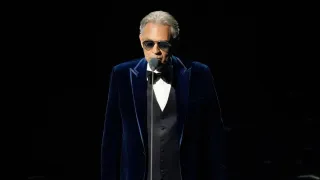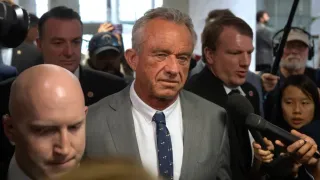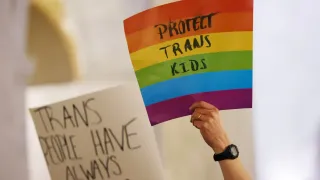June 11, 2019
Tennessee DA Faces Investigation After Islam, Gay Comments
READ TIME: 1 MIN.
A Tennessee district attorney is under investigation after posting anti-Islamic social media comments and saying gay people shouldn't receive domestic violence protections.
The Council on American-Islamic Relations provided a copy of a letter sent by the state Supreme Court's Board of Professional Responsibility confirming its investigation of Coffee County District Attorney Craig Northcott. The council filed a complaint after the anti-Islam comments.
According to screenshots of Facebook posts, Northcott wrote Islam is "evil, violent and against God's truth" and likened being Muslim to "being part of the KKK, Aryan Nation, etc." Northcott was responding to a Republican candidate's post.
He was recorded saying he didn't believe in gay marriage and promised same-sex partners wouldn't receive protections under domestic violence laws.
Northcott didn't immediately respond to a voicemail message seeking comment.






